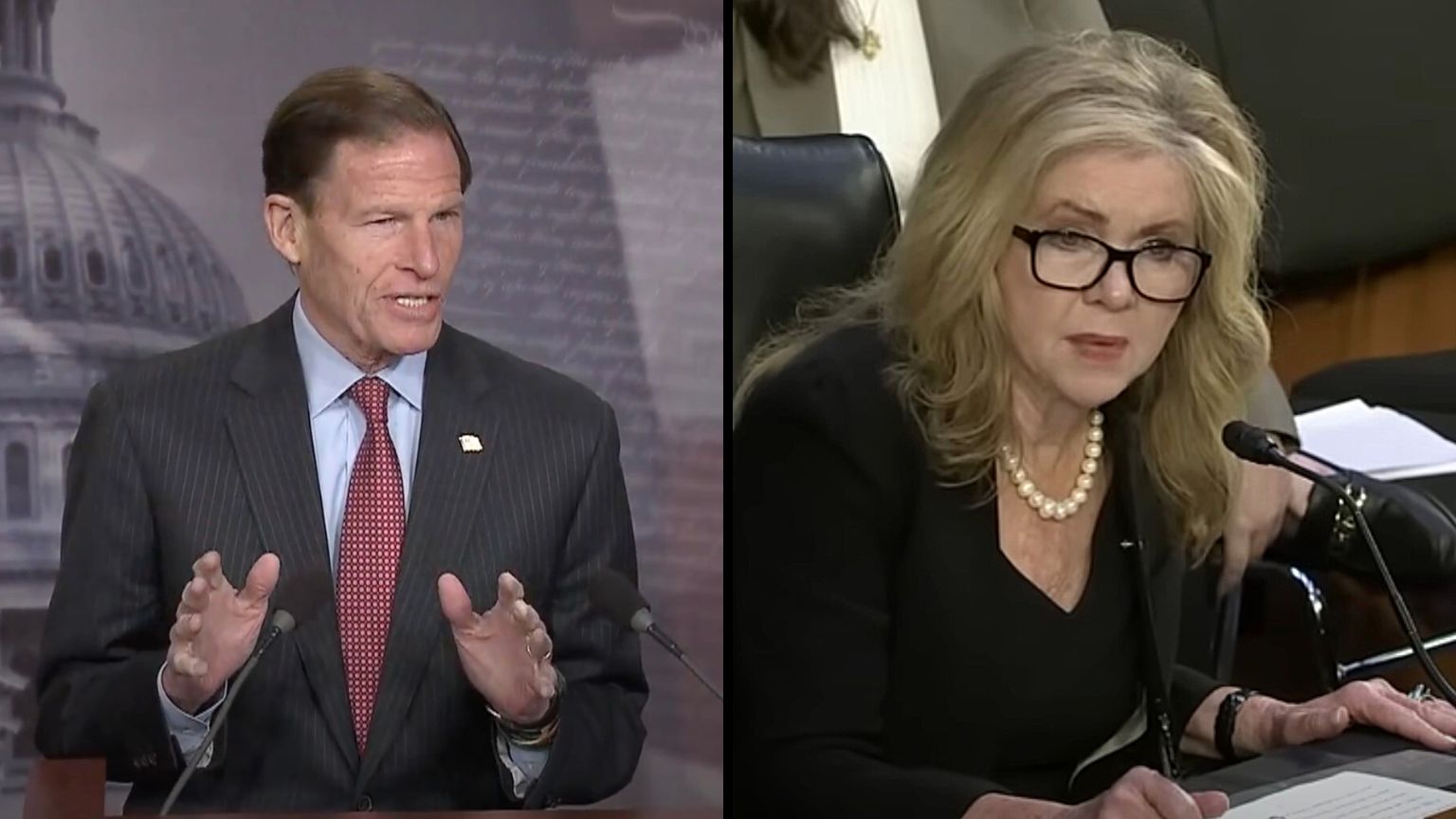The Senate Commerce Committee will convene on Thursday to deliberate the contentious Kids Online Safety Act, a bill that, if passed, would cause platforms to introduce ID verification for users and significantly reduce privacy online.
Despite the law’s admirable aims to regulate the way online platforms display content and ads to under-17s, its implementation could potentially jeopardize privacy, with platforms potentially needing to introduce ID checks.
Senators Richard Blumenthal (D-Connecticut) and Marsha Blackburn (R-Tennessee) initially relaunched the bill in May. The law calls for online platforms to adopt “reasonable measures” to mitigate the known risks associated with underage users engaging with social media platforms, such as online bullying, depression, and eating disorders.
We obtained a copy of the bill for you here.
However, the enforcement of such measures would likely necessitate stricter ID verification to identify the age of users, raising valid privacy concerns.
Ironically, the act calls for the highest levels of privacy protection settings for teens and compels platforms to disclose all commercial endorsements.
Platforms advertising to minors would also be required to provide clear labeling on all ads, clarify why specific ads are targeted at minors, and make all commercial endorsements transparent. These provisions, while designed to protect, could ironically lead to invasive scrutiny of minors’ online activity.
In a break from tradition, the proposed law would not mandate parental consent for teens using social media, but it would require platforms to inform parents about their children’s account activities. This move, intended to protect young users, also prompts questions about the potential for overreaching surveillance.
Contrasting with the previous version of the act, this year’s iteration comes with notable changes. The proposed law now applies only to platforms that know or “reasonably should know” about users who are under 17. Furthermore, it permits minors to seek and request content and requires any claims of harmful content to be supported by “evidence-informed” medical information. However, these new provisions could further infringe on minors’ privacy by subjecting their online behaviors to constant monitoring.
Notably, the implementation of these measures would fall to the Federal Trade Commission and state attorneys general. Critics argue that this delegation of power could further exacerbate privacy issues.
The legislation has faced significant criticism for potentially infringing upon minors’ access to content protected by free speech. Ari Cohn of TechFreedom expressed concern in May that the bill’s provisions could cause platforms to limit minors’ access to content to avoid liability for potentially harmful material.
Simultaneously, the Senate will be reviewing the Children and Teens’ Online Privacy Protection Act on Thursday. While the law aims to prevent websites and apps from collecting extensive data from 13 to 15-year-olds without their express consent, it raises similar concerns about the potential invasion of minors’ privacy in the digital sphere.










